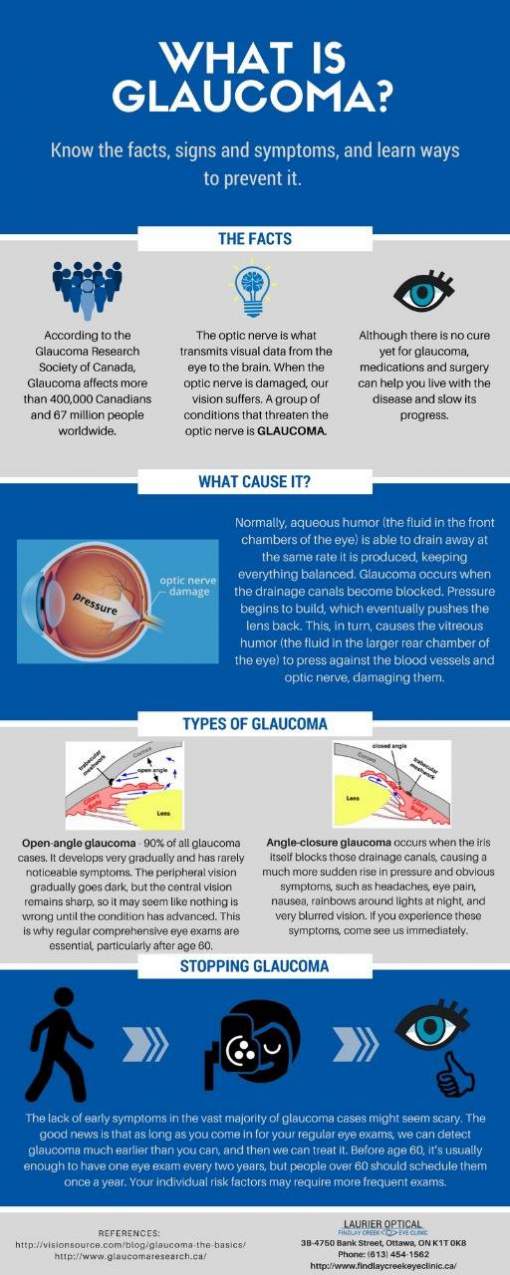PRK Surgical Procedure Acts As An Advanced Option To LASIK, Securely Transforming Vision-- Understand Exactly How It Can Be Advantageous For People With Distinct Eye Conditions

Developed By-TRUE McLaughlin
If you're considering vision adjustment alternatives, PRK surgery might be worth exploring. Unlike LASIK, PRK reshapes the cornea without creating a flap, which can lower certain threats. This method is particularly valuable for those with thinner corneas or higher prescriptions. You might be curious regarding exactly how this treatment works, its advantages, and whether you're an ideal prospect. Understanding these aspects can aid you make an extra informed choice about your vision needs.
What Is PRK Surgical treatment and How Does It Function?
PRK surgical procedure, or photorefractive keratectomy, is a prominent laser vision correction procedure designed to enhance your eyesight.
Unlike LASIK, PRK reshapes the cornea by getting rid of the external layer of cells. During the procedure, your eye specialist makes use of a great beam of laser light to precisely form the corneal cells beneath. This modification enables light to focus correctly on the retina, boosting your vision. The external layer then restores naturally in time.
PRK's advantages consist of a lower threat of complications connected to corneal flaps, making it suitable for people with thinner corneas. Recovery may take longer than LASIK, yet several patients appreciate clear vision without glasses or contact lenses after the recovery procedure is full.
Advantages of PRK Over LASIK
While both PRK and LASIK are effective laser vision improvement choices, there are distinct advantages to choosing PRK for sure individuals.
One significant benefit is that PRK doesn't include creating a corneal flap, which decreases the risk of problems associated with flap issues. This makes PRK a much safer choice for those with thinner corneas or particular eye problems.
Furthermore, because PRK deals with the surface of the eye, it can be more effective for clients with higher prescriptions.
The recuperation procedure, although somewhat longer, usually brings about stable, long-lasting results.
You'll additionally appreciate that PRK is less likely to lead to completely dry eyes contrasted to LASIK, permitting a more comfy recovery experience.
Who Is a Perfect Candidate for PRK?
Are you asking yourself if PRK is the ideal choice for you? https://www.thatsmags.com/shanghai/post/32134/your-guide-to-getting-lasik-eye-surgery-in-china consist of individuals with mild to modest nearsightedness, farsightedness, or astigmatism.
If you have thin corneas or other corneal irregularities, PRK can be a better alternative since it doesn't include reducing a flap like LASIK. You should likewise go to least 18 years old and have stable vision for at the very least a year.
If you've had previous eye surgical procedures, review your options with your eye surgeon. Additionally, patient-centered care with certain clinical conditions, like autoimmune illness or unchecked diabetic issues, might not qualify.
Ultimately, an extensive eye exam and consultation will aid identify if PRK is the very best solution for your vision requires.
Conclusion
In conclusion, PRK surgical treatment uses a safe and effective way to improve your vision without the dangers associated with LASIK. By improving your cornea without creating a flap, it's optimal for those with thinner corneas or greater prescriptions. While recovery might take a bit longer, many individuals take pleasure in stable results and less discomfort, like less instances of dry eyes. If you're thinking about vision adjustment, PRK could be the appropriate option for you.

